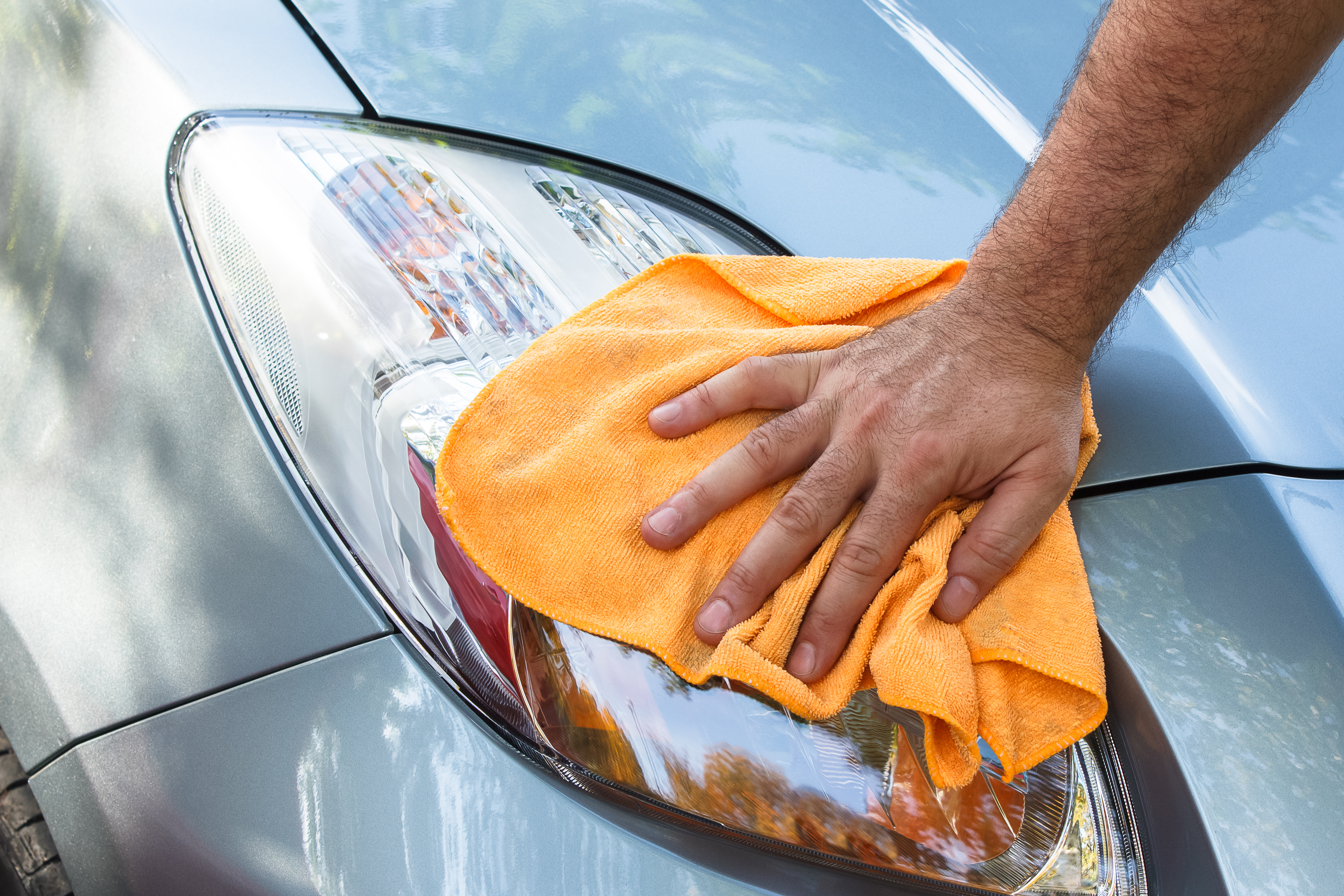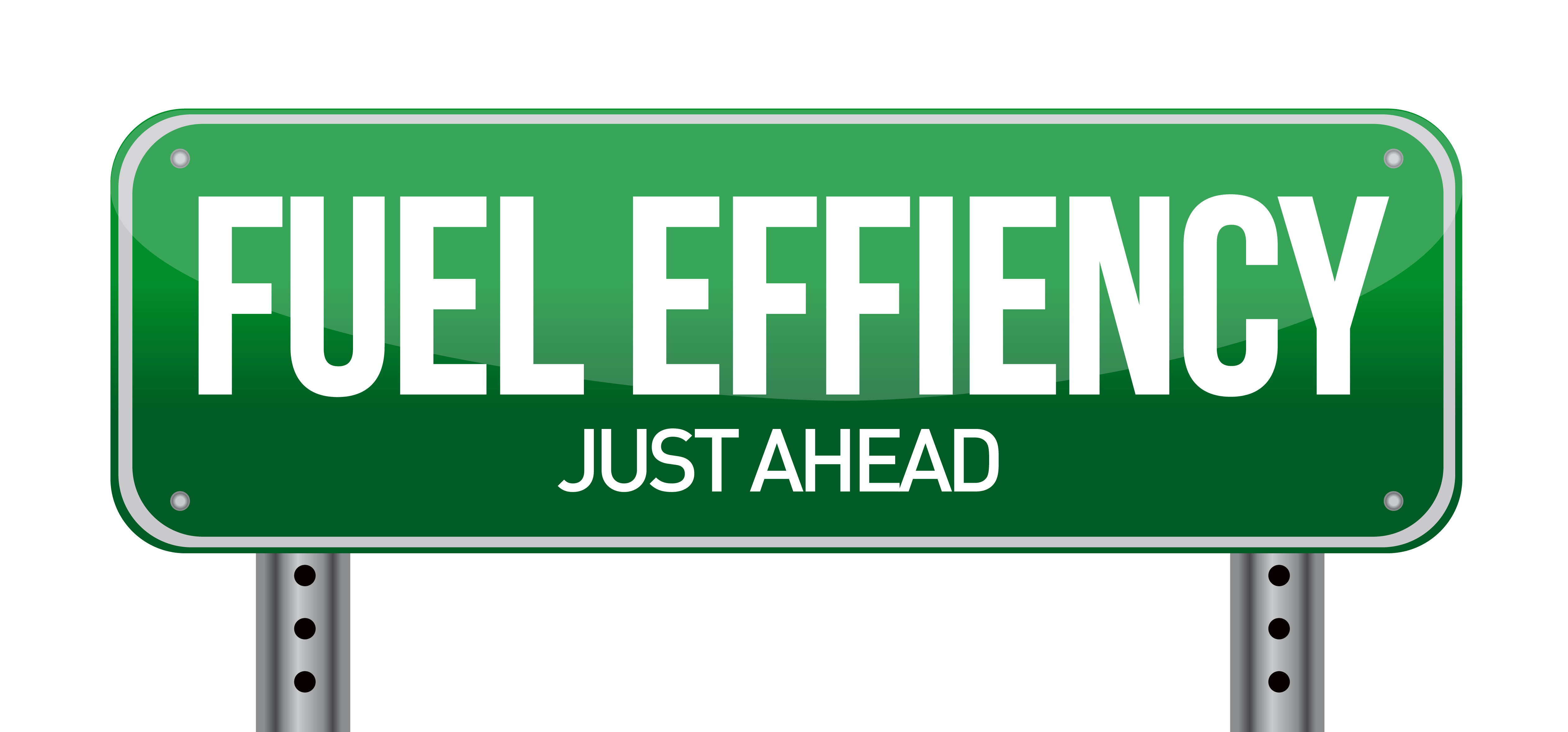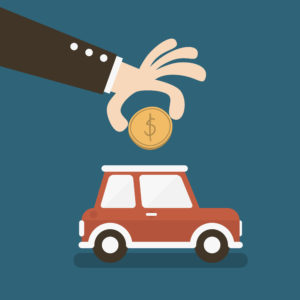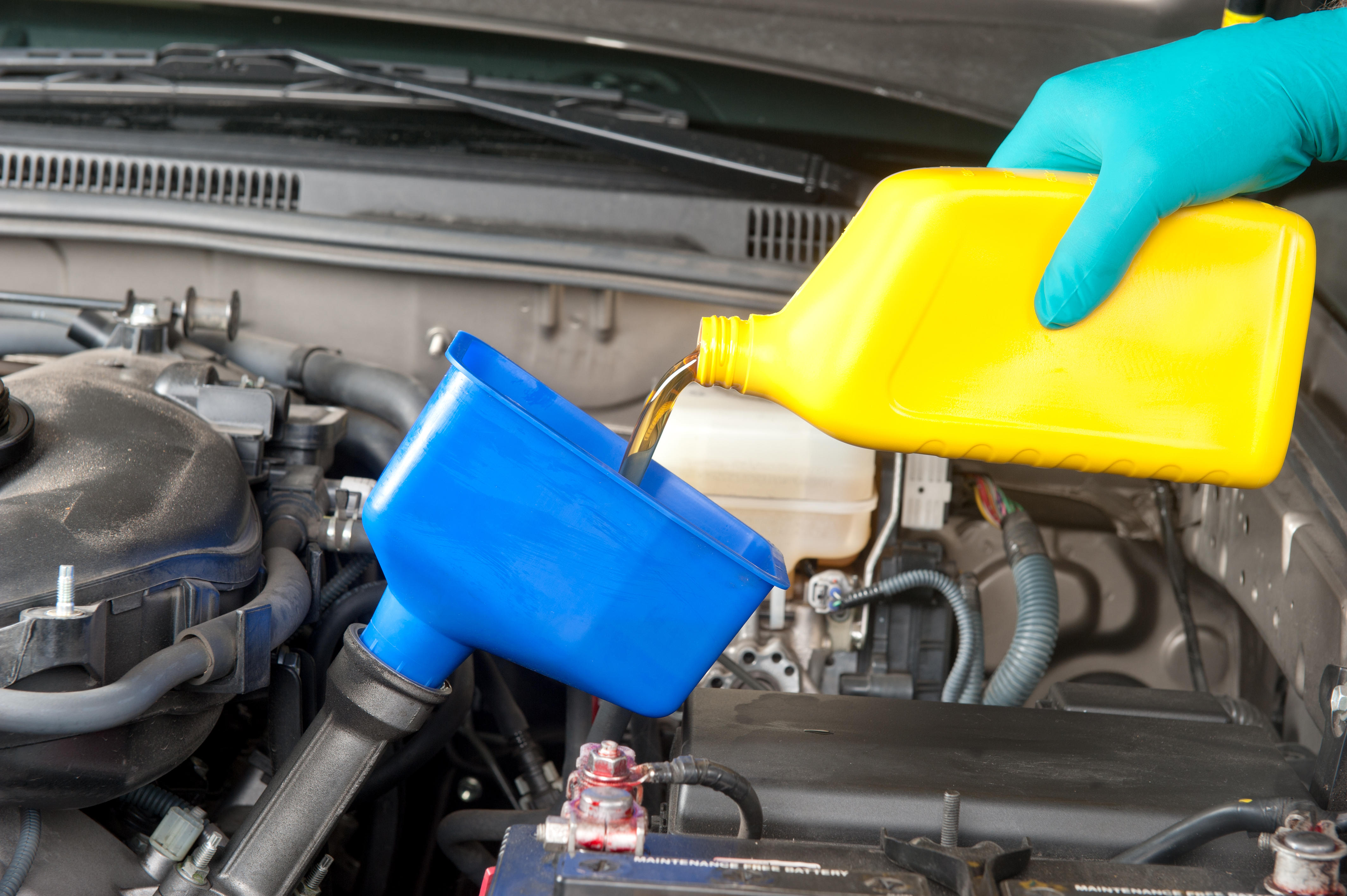Car Loan Information
Rates
When applying for a car loan, your credit rating is taken into consideration. A lender will will look at your credit to determine the risk involved with offering a car loan to you. If you have developed a pattern of paying your bills on time, a lender may offer a car loan at a relatively low interest rate. If you haven’t, a lender may offer a loan at a higher interest rate and with a higher down payment. If the lender looks at your credit and determines that you present too much risk of defaulting on the loan, he may decline your application.
Terms
A lender may stipulate that you put a down payment to reduce the amount of the loan. For example, if the car cost $10,000, the lender may ask you put $2,000 down, reducing the loan balance to $8,000. If this is your first time financing a car or if you have credit problems, a lender may require you to use a co-signer to guarantee the loan. A co-signer is a person who agrees to pay the money if you default on the loan.
Lenders
When you purchase a car from a dealership, it may have a finance department that can help you secure a car loan. The Consumer Federation of American says that some dealerships overcharge 3 percent on a car loan, adding up to $1,000 on the life of the car loan. Check with banks or credit unions to see what kind of car loans they offer. Some online companies, such as up2drive, My Auto Loan or Cars Direct, specialize in car loans and offer competitive rates.
Time
Lenders offer car loans that spread payments over 24, 36, 48, 60 and 72 months. Most borrowers select 48- or 60-month terms. If you purchase a used automobile, the lender may stipulate a shorter length for the loan term, dependent on the age of the car. A shorter term means you will pay the loan off sooner, but your payments will be higher than if you took a longer term. Keep in mind that the longer the term, the higher the interest rate is likely to be. Ask about low interest rate financing specials. A low of 0 interest rate loan even on a longer term will save your money.
Considerations
Until you pay off the car loan, the car serves as collateral. The lender may stipulate that you have a certain amount of insurance coverage on the automobile to protect its financial interest if you have an accident in the car. If you fall behind on loan payments, the lender may repossess the car. If it repossesses the car and sells it at auction, you may still be responsible for paying any costs that were not recouped with the auction price.
Quick Money Savings Tip For Safe Drivers
There are dozens of auto insurers – Which one will give you the best rate?
Step 1) Choose your vehicle make below.
Step 2) On the next page, complete the 4 minute questionnaire, and you'll have the opportunity compare the best rates in your area.
Step 3) Keep more money and possibly save hundreds!










